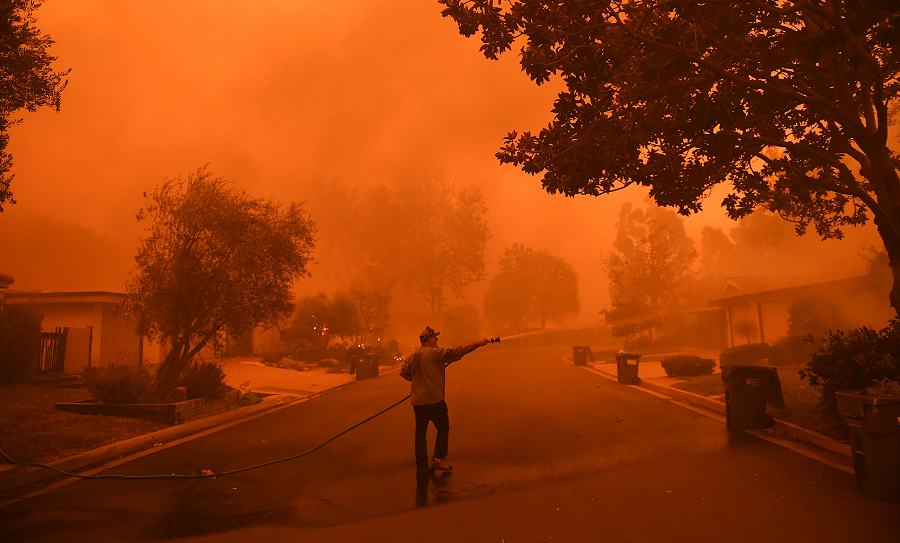In Short : Advocates argue for a unique approach to addressing climate change: temporarily pausing developing countries’ debts. This proposal suggests that relieving financial burdens could enable these nations to invest more in green initiatives and climate resilience. By freeing up resources, countries could prioritize environmental efforts, accelerating global climate action and supporting a more sustainable future for all.
In Detail : If You Want Our Countries to Address Climate Change, First Pause Our Debts
When poor countries are forced to default on their foreign debt, as Ghana and Zambia have done, they pay a heavy price. Cut off from credit of any kind, spending on health, education and dealing with the damaging effects of climate change comes to a juddering halt.
Countries in the West often plead with us to invest in the kind of ambitious resilience projects we need to survive in a warming world. But in Africa, we can’t fix the climate issue unless we fix the debt issue. Of the 52 low- and middle-income countries that have defaulted on their debts or have come close to it in the last three years, 23 are in Africa. The continent’s debt burden is skyrocketing as a result of factors beyond its control: the aftershocks of the pandemic, rising fuel and food prices, higher interest rates and climate catastrophes that weaken our economies and sap our ability to repay creditors.
During the pandemic, rich countries pumped trillions of dollars into their economies to support families and businesses. African governments had no such option. Instead, their leaders kept their nations afloat by taking on more debt, which turned out to be a very expensive life raft. As a result of rising interest rates, Africa’s debt repayments will surge to $62 billion this year, up 35 percent from 2022.
To put this figure into context, Africa is now paying more in debt service than the estimated $50 billion a year the Global Center on Adaptation says it needs to invest in climate resilience. These investments are not nice-to-haves — they are vital for building roads, bridges and dams that can withstand torrential rains and floods. Failure to do so is to invite catastrophe, as the recent floods in Libya so tragically attest.
But instead of receiving funds to address the climate crisis, Africa is borrowing at a cost up to eight times higher than the rich world to rebuild after climate catastrophes. This is why Africa urgently needs a pause in debt repayments so that it can prepare for a world of ever greater climate extremes. The Annual Meetings of the International Monetary Fund and the World Bank in Marrakesh, Morocco, that begin Monday are a good place to start.
The global financial system was built to be a safety net for the world’s poorest countries, a fail-safe to prevent financial instability. But the world looks very different than it did nearly 80 years ago, when the architects of the system gathered at Bretton Woods to craft a new world order. The framework they installed is now outdated, dysfunctional and unjust. Outdated because the international financial institutions they created are too small and limited to fulfill their mandate. Dysfunctional because the system as a whole is too slow to respond to new challenges, such as climate change. And unjust because it discriminates against poor countries. In fairness, the World Bank and the I.M.F. now recognize that climate change is a threat to economic and financial stability, and they are changing their lending policies in response. But much more needs to be done — and we are running out of time to do so.

